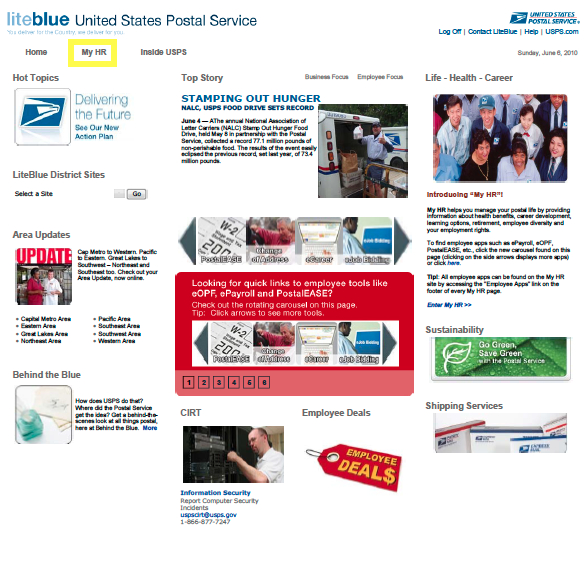Estate Planning
 Estate planning is essential if you wish to ensure that your assets are passed to those people and organizations you want to receive them, and to reduce any potential tax liabilities to a minimum. This article discusses the basics of Estate Planning, and since estate planning and retirement planning are inextricably linked, this article will discuss estate planning in context with retirement planning.
Estate planning is essential if you wish to ensure that your assets are passed to those people and organizations you want to receive them, and to reduce any potential tax liabilities to a minimum. This article discusses the basics of Estate Planning, and since estate planning and retirement planning are inextricably linked, this article will discuss estate planning in context with retirement planning.
Retirement is the perfect time to make sure your estate plan is complete and current. A complete estate plan includes a Will (which is a legal document involving disposition of assets at death), the proper designations on your qualified accounts (TSP, IRA’s, 403(b)’s etc. and the proper disposition of other assets. These assets include life insurance, contributions to the Thrift Savings Plan (TSP), IRAs, and bank and brokerage accounts. It is also important that the following documents be prepared: (1) Durable Power of Attorney, as it directly relates to the management of the client’s assets; and (2) a Living Will or Health Care Proxy. Because of the complexity of Public Sector Retirement benefits and the vast differences from State to State regarding Estate Planning rules, along with the significant negative potential impacts that failing to properly plan will cause, it is highly recommended that all eligible retirees speak with a financial professional who has been trained and is knowledgeable in Public Sector Retirement Benefits.
With reference to estate planning, by taking appropriate steps, you can avoid problems with distribution of your estate’s assets.
Wills and Trusts
Wills and trusts are two of the most popular estate planning tools. Both allow you to spell out how you would like your property to be distributed, but they also go far beyond that.
Besides enabling you to determine the distribution of your property, a will gives you the opportunity to nominate your executor and guardians for your minor children, if there are any. If you fail to make these designations through your will, the decisions will probably be left to the courts. Keep in mind that property distributed through your will is subject to probate, which can be a time-consuming and costly process. (See related article on Avoiding Probate.)
Trusts differ from wills in that they are legal entities. Like a will, trusts spell out how you want your property to be distributed. Trusts let you customize the distribution of your estate with the added advantages of property management and probate avoidance.
Wills and trusts are not mutually exclusive. While not everyone with a will needs a trust, all those with trusts should have a will as well.
Dealing with Incapacity
Incapacity poses almost as much of a threat to your financial well-being as death does. And in certain circumstances such as when the costs of incapacity have not been properly planned for, incapacity can potentially be even more financially damaging. Fortunately, there are tools that can help you cope with this threat.
A durable power of attorney is a legal agreement that avoids the need for a conservatorship. (In a conservatorship, a court appoints a conservator to make decisions for you if you are deemed unable to make them for yourself.) A durable power of attorney enables you to designate who will make your legal and financial decisions if you become incapacitated. Unlike the standard power of attorney, durable powers of attorney remain valid if you become incapacitated.
Similar to the durable power of attorney, a health care proxy is a document in which you designate someone to make your health care decisions for you if you are incapacitated. The person you designate can generally make decisions regarding medical facilities, medical treatments, surgery, and a variety of other health care issues. Much like the durable power of attorney, the health care proxy involves some important decisions. Take the utmost care when choosing who will make them.
A related document, the living will, also known as a directive to physicians spells out the kinds of life-sustaining treatment you will permit in the event of your incapacity. The directive creates an agreement between you and the attending physician. The decision for or against life support is one that only you can make. That makes the living will a valuable estate planning tool. And you may use a living will in conjunction with a durable health care power of attorney. Bear in mind that the laws governing the recognition and treatment of living wills may vary from state to state.
Working with an Attorney or Financial Advisor
It is important to work with an attorney and possibly a tax advisor as well on your estate plan. The attorney will guide you through the creation of fundamental estate planning documents, including a will, health care proxy and durable power of attorney. Your tax advisor can help you with any associated financial issues.
You’ll make the decisions, but your attorney and financial advisor can help you think through and understand the sometimes complex implications of each option. They will also help you communicate your wishes clearly, avoid mistakes, minimize taxes, and adjust your plans as time goes by or your circumstances change.
An attorney or financial advisor can be well worth the cost—significant savings can result from thorough, informed planning.
The basic concept is to maximize what you leave behind.
It’s important to get legal and/or financial advice and think through how each asset will pass to your beneficiaries. The best options may vary by the asset type, asset size, your age, or many other factors.
You’ll want to be thoroughly informed on what actions you can take or plan now to make sure as little as possible is lost to taxes, court fees, and other expenses.
Estate, Inheritance, and Gift Taxes
A big part of maximizing what you leave behind is minimizing taxes. Federal taxes on gifts and estates can be among the highest assessed on any financial transaction. In addition, some states levy their own estate or inheritance taxes.
Both estate and gift taxes usually have exemption limits, meaning that you can give up to a certain amount without incurring tax. Many people use the gift tax exemption to transfer assets while they are still living, as part of their strategy to maximize what their beneficiaries receive.
Estate and inheritance taxes are usually based on the value of the taxable estate and are paid before the assets are distributed to the beneficiaries.
In recent years, estate and gift tax laws have been changing fairly frequently. You should work with a competent tax attorney on these issues.
Estate Planning, the Cost of Incapacity and the Use of Insurance
Insurance can be an incredibly effective tool when planning for how (and if) your loved ones will receive money when you die and also on making sure that you don’t outlive your savings or have costs that don’t outpace your Annuity. Because Insurance can only be recommended and sold by Licensed Professionals, and because of the great number of types of insurance that exists, if you are interested in exploring Estate Planning, you will almost certainly need to speak with a financial professional who understands your Public Sector Benefits, FEGLI and possibly FEGLI replacements and is able to help you find the most appropriate Insurance plan to meet your Estate and Financial Planning needs.







